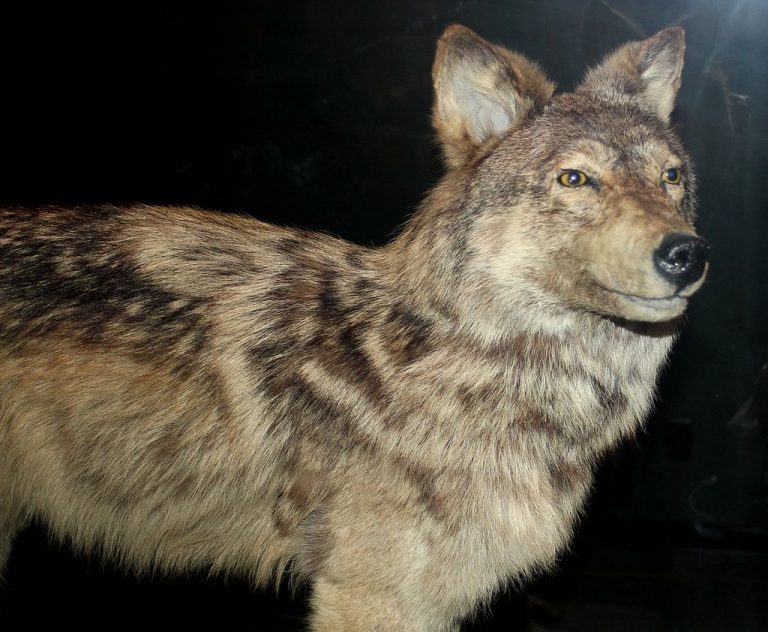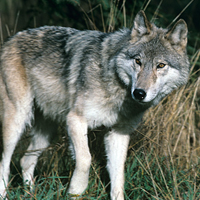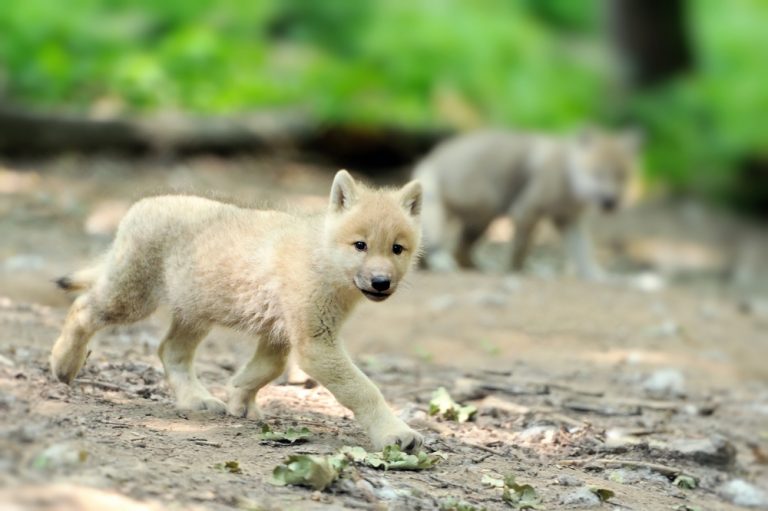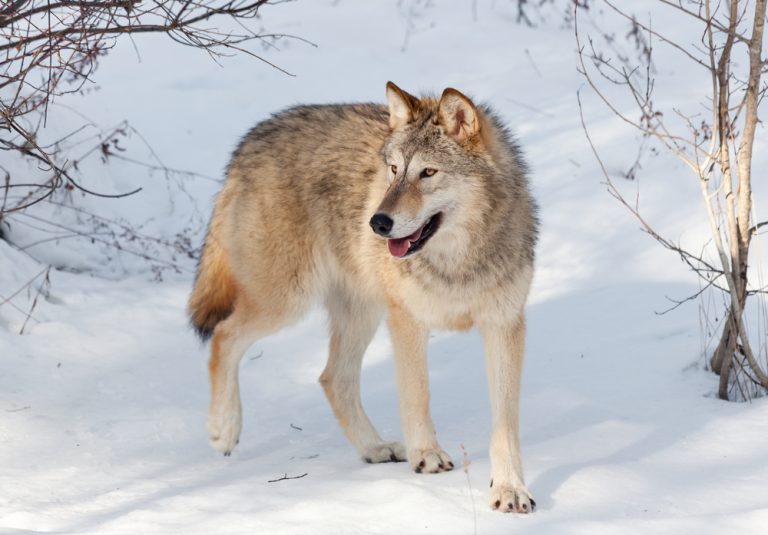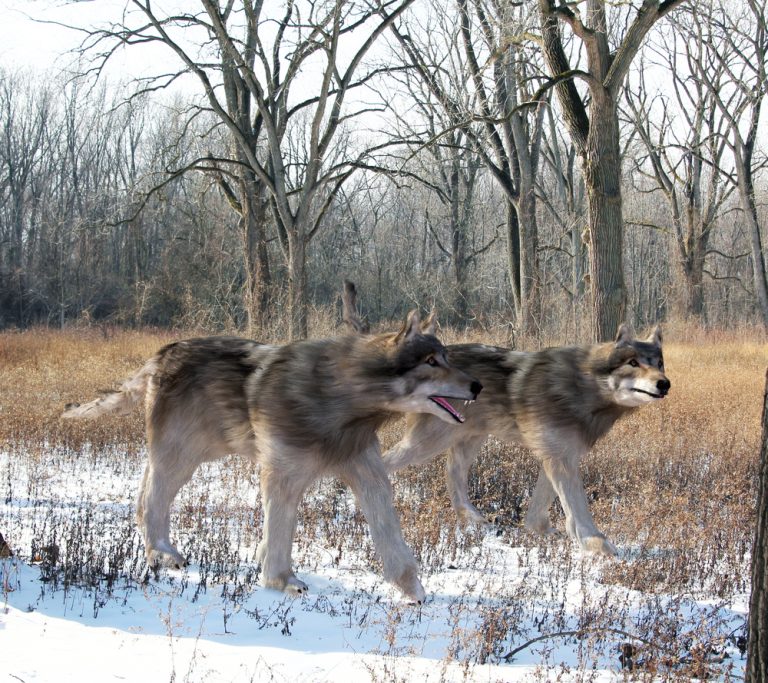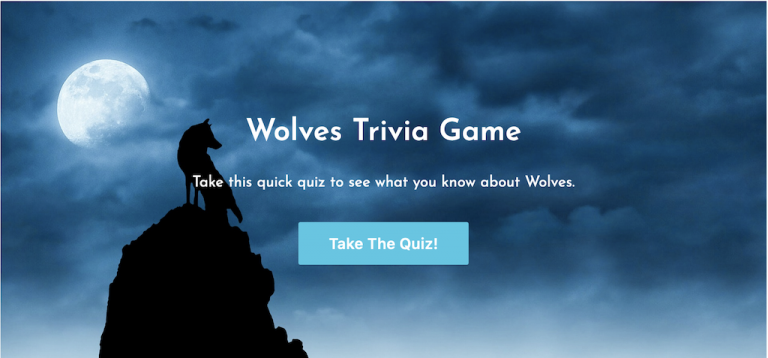Do Lone Wolves Really Exist Or Not?
Lone Wolves are the stuff of several tales and debates. But what could make a wolf break ranks?
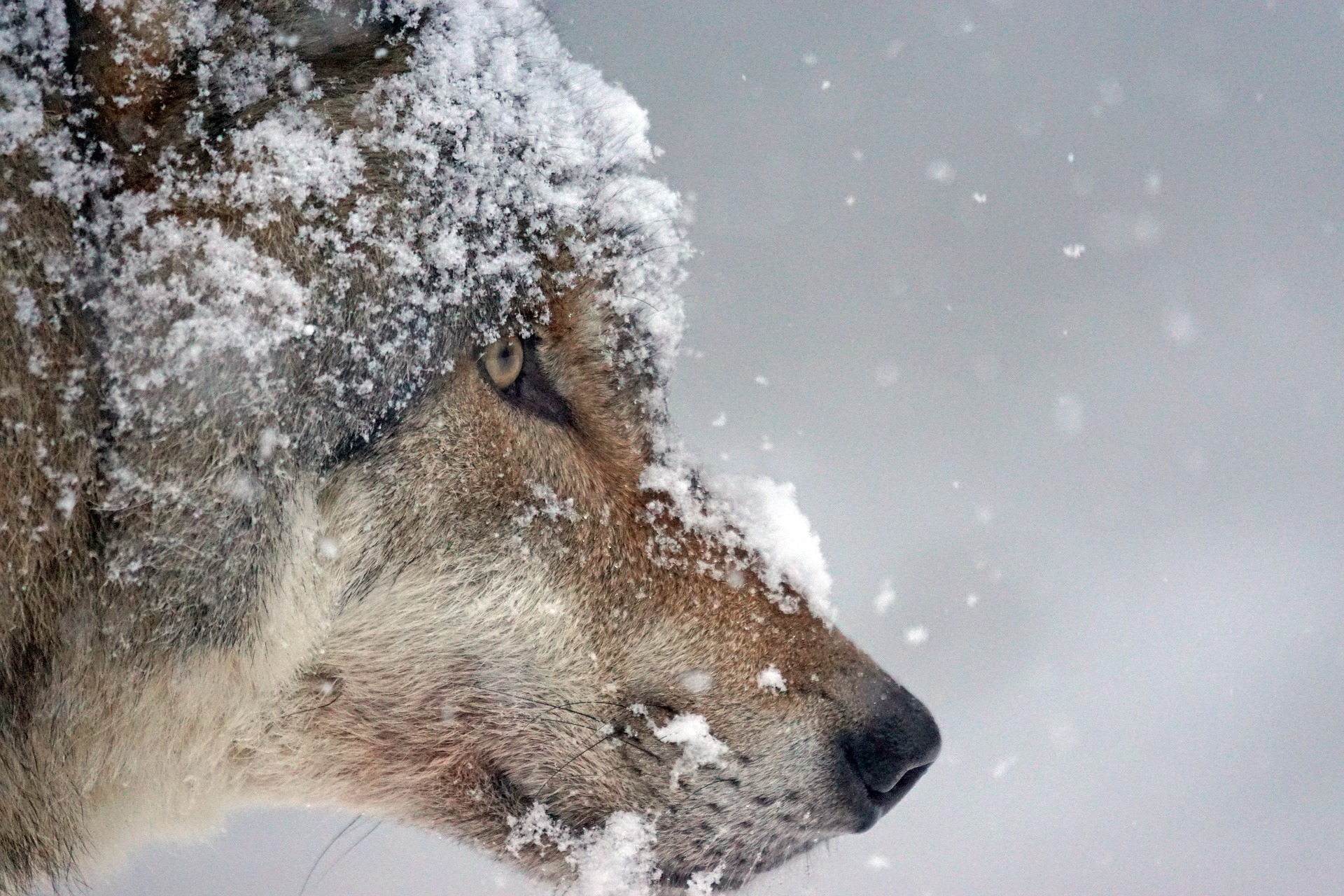
Wolves have been known to exist in packs for centuries now. These are very determined, loyal, and resilient creatures. It’s also interesting to know that wolves are gradually restoring their decimated populations in the wild. That’s despite the fact that less than a third of pups born actually make it to adulthood.
That aside, when you think of wolves, a wolf pack is the next thing that likely comes to mind. However, are there certain factors that could cause a wolf to leave its pack; break ranks so to speak? Become a “lone wolf?”
Do lone wolves really exist out there in the wild? And how do they survive?
Documentations on wolves in their wild habitats indicate better chances of survival when in a pack than when alone. So why would a wolf exist as an individual when they have better chances of survival in a pack?
It turns out there are some reasons why a wolf would want to venture out solo.
How And Why Do Lone Wolves Happen?
-
The Social Rank.
The wolf society is so organized in a way that each wolf in a pack knows its position. The alpha commands and dictates the pace and direction of the pack. He determines what needs to be from what ought not to be. At the tail end is the omega playing an utterly subordinate role to all other members of the pack.
Let’s look at a typical scenario; hunting. The tyranny of numbers rules the day in wolf hunts as most of their prey are large ungulates that require team effort to bring down.
Since the alpha has the say, after the kill, the meat is shared down depending on the social ranking a wolf is. The alpha and his mate, their pups (if any), and every other pack member gets to eat before the omega wolf.
In most cases, since a pack can be as much a dozen wolves strong, you can imagine that the omega often has little left to fill its belly. He gets to do the “clean up” of the scraps which usually requires a top up to fill his still empty belly. Thus omegas may be spotted hunting solo for small rodents.
There are several reasons a wolf would opt to leave its pack. But chances of survival out alone are extremely slim.
-
An Aging Alpha.
Though the alpha may be the king in a pack, it’s inevitable that he/she grows old. With time, the younger generation may decide to take up the position and challenge the alpha.
Upon a successful challenge, the deposed alpha (probably a sickly or dying) may opt to seek refuge in solitude. If the coup is unsuccessful, the alpha may banish the culprit from the pack.
For example, this was the case with the alpha #302 of the world-renowned Druid pack that occupied the Lamar Valley in Yellowstone National Park. He eventually had to give way to the upcoming generation.
-
Necessity
Mating in a pack is entirely restricted to the alpha couple. Hence, other wolves desiring to mate must leave the pack when they are 1 to 2 years old. This time coincides with their sexual maturity.
So, a wolf may decide to leave the pack in a quest to satisfy their hormones.
Interestingly, a high number of lone wolves that leave their packs are the female wolves in search of mates to establish their own pack. Of course there is only room for one alpha female in a pack anyway. So, this in part is advantageous in ensuring the success of the wolf species and preventing inbreeding.
Any Benefits For Lone Wolves?
Existing as a lone wolf requires strength, aggressiveness, and courage to face the solitary world. When a wolf leaves a pack, it leaves behind the security offered by the other pack members. And since wolves are territorial, a lone wolf would have to limit its howling to avoid disclosing its location.
Furthermore, they have to deal with little to no success when hunting and settle for small prey or scavenge on carcasses.
Sadly, lone wolves do not last long out there.
Chances of being killed due to trespassing in another pack’s territory are high. However, if they survive, they might have a good chance of meeting up with their alpha half. And together they could establish a pack of their own.
This was evident in a wolf that left his pack in Finland, crossed the border and helped rekindle a dying wolf population in Sweden.
Ultimately, if all does not go well out there, home is best. The lone wolf calls it quits, packs up and heads back to its pack. That’s if the other pack members accept it back.

